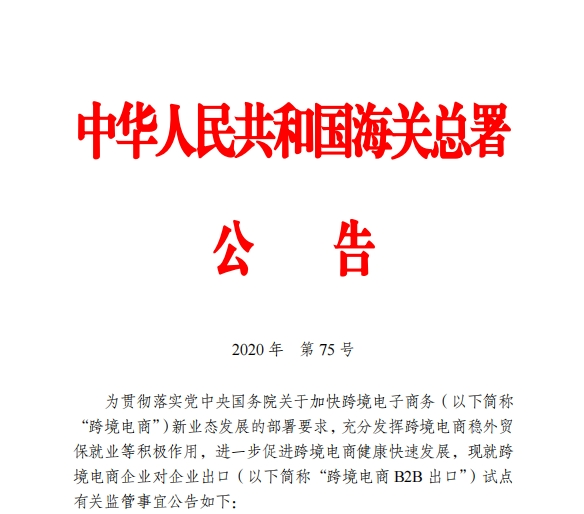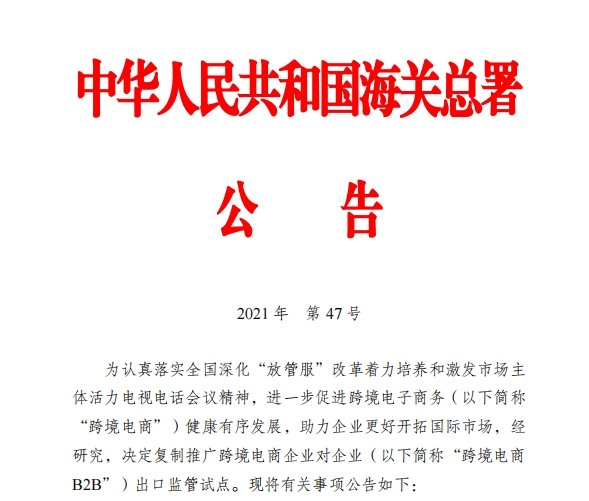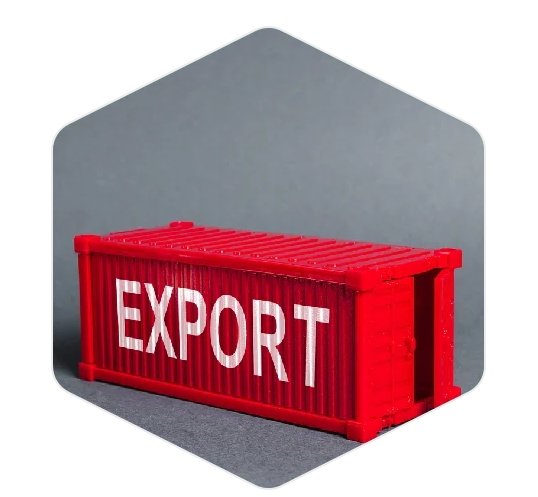Foreign exchange controls in India are governed by the Foreign Exchange Management Act (FEMA) and the relevant policies and guidelines set by the Reserve Bank of India (RBI). The Enforcement Directorate (ED) of India is a comprehensive law enforcement agency responsible for investigating money laundering crimes and violations of foreign exchange regulations.
Therefore, to achieve fund transfers, it is necessary to ensure compliance operations, prepare and submit all necessary documents and applications, such as commercial invoices, copies of contracts, bank certificates, etc. Depending on the specific circumstances, prior approval from the Reserve Bank of India may be required, especially for large fund transfers or the use of funds for specific purposes.
The key solutions are summarized as follows:
- Use licensed banks and payment channels, such as authorized dealer banks authorized by the Reserve Bank of India to transfer funds
- Choose appropriate payment methods, consider phased payments, and clearly stipulate in the contract to avoid exceeding foreign exchange limits
- Consider alternative fund transfer solutions, such as using financial instruments such as trade credit or bank guarantees. You can also use foreign exchange forward contracts to lock in exchange rates and reduce the risks brought by exchange rate fluctuations. This type of contract can provide a more stable fund transfer solution within the scope of foreign exchange limits.
- Compliance reporting and tax declaration, submit foreign exchange transaction reports on time as required by the Reserve Bank of India, ensure that all fund transfer activities are properly recorded and reported, and comply with tax regulations and declare them in a timely manner.






